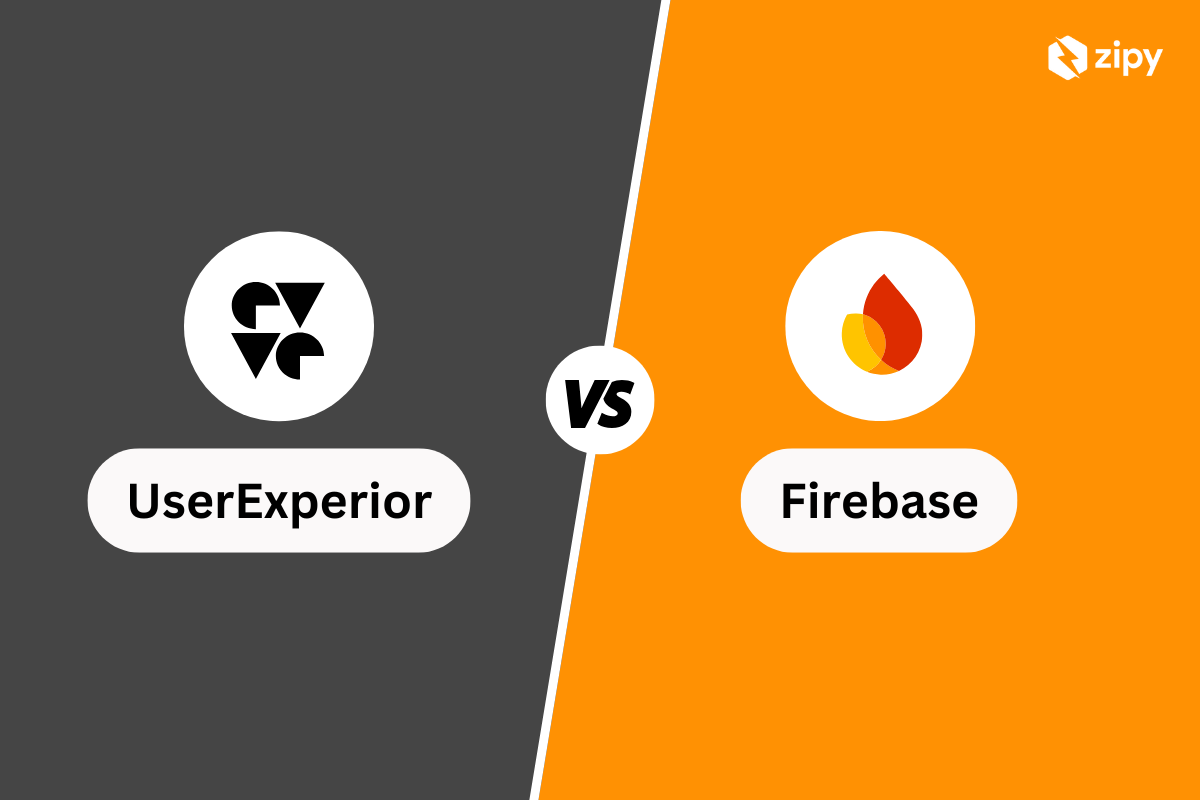Introduction
Welcome to our deep dive into one of the most common issues AngularJS developers encounter: the MinErr error. This guide is designed not just for those who are beginning their journey with AngularJS but also for seasoned JavaScript developers looking for a comprehensive resource on debugging MinErr errors in AngularJS. With a blend of complexity and practical solutions, our aim is to make this guide your go-to reference for fixing these pesky errors.
Catch errors proactively with Zipy. Sign up for free!
Try Zipy now
Understanding MinErr Error in AngularJS
AngularJS is known for its powerful features that help developers build dynamic, single-page web applications. However, like any sophisticated tool, it comes with its own set of challenges, one of which is the MinErr error. This error typically arises when there's a problem with the AngularJS framework code or misuse of its features, making it crucial for developers to understand how to handle it efficiently.
Scenario 1
Error Code
angular.module('myApp', []).controller('MyController', function($scope, $http) {
// Code that causes MinErr Error
});
Corrected Code
// Added missing dependency annotation
angular.module('myApp', []).controller('MyController', ['$scope', '$http', function($scope, $http) {
// Corrected code
}]);
Solution Summary
The MinErr error was resolved by explicitly annotating the dependencies. This approach ensures that the minification process does not alter the parameter names, which AngularJS uses for dependency injection.
Scenario 2
Error Code
angular.module('myApp').directive('myDirective', function() {
return {
restrict: 'E',
template: '<div></div>',
link: function(scope, element, attrs) {
// Code causing MinErr Error
}
};
});
Corrected Code
// Corrected by ensuring the module is defined before being used
angular.module('myApp', []).directive('myDirective', function() {
return {
restrict: 'E',
template: '<div></div>',
link: function(scope, element, attrs) {
// Corrected link function code
}
};
});
Solution Summary
The error occurred because the module 'myApp' was used before being defined. Defining the module with angular.module('myApp', []) before using it for the directive solves the MinErr error.
Scenario 3
Error Code
angular.module('myApp').factory('myFactory', function($http) {
// Code that leads to MinErr Error
});
Corrected Code
// Added dependency annotation to avoid MinErr error
angular.module('myApp').factory('myFactory', ['$http', function($http) {
// Corrected factory function
}]);
Solution Summary
The MinErr error in this scenario was fixed by providing an array notation for the dependency injection, which prevents the parameters from being incorrectly interpreted during the minification process.
Handling MinErr Error in AngularJS
Dealing with MinErr errors in AngularJS involves a keen eye for detail and a thorough understanding of how AngularJS's dependency injection system works. The key to debugging these errors lies in ensuring that all dependencies are correctly annotated, especially before minification, and that modules and their components are defined and used correctly throughout your application.
Proactive Error Debugging with Zipy
To streamline the process of debugging MinErr errors in AngularJS, consider using a tool like Zipy. Zipy offers proactive error monitoring and user session replay capabilities, making it easier to identify and resolve runtime errors in real-time. By integrating Zipy into your development workflow, you can significantly reduce the time spent on debugging and improve your application's overall quality and reliability.
Debug and fix code errors with Zipy Error Monitoring.
Sign up for free
Conclusion
Understanding and resolving MinErr errors in AngularJS can seem daunting at first, but with the right approach and tools, it becomes much more manageable. By following the best practices outlined in this guide and leveraging tools like Zipy for error monitoring, developers can ensure a smoother, more efficient development process.
Resources on how to debug and fix AngularJS errors
- 16 Angular errors you should know: Mastering Error handling in Angular
- Angular Devtool for error reporting & performance monitoring
- How to handle AngularJS Type Errors?
- How to handle AngularJS Syntax Errors?
- How to handle AngularJS Reference Errors?
- How to handle AngularJS Range Errors?
- How to handle AngularJS Eval Errors?
- How to handle AngularJS Module Not Found Error?
- How to handle AngularJS Controller Not Registered Error?
- How to handle AngularJS Directive Not Found Error?
- How to handle AngularJS $injector:modulerr Error?
- How to handle AngularJS Controller As Not Allowed Error?
- How to handle AngularJS $rootScope:infdig Error?
- How to handle AngularJS Controller As Syntax Error?
- How to handle AngularJS Unknown Provider Error?
- How to handle AngularJS ngRepeat Duplicate Key Error?
- How to handle AngularJS Expression Is Not Assignable Error?
Frequently Asked Questions
What causes MinErr errors in AngularJS?
MinErr errors typically result from issues related to dependency injection, module definition, or misuse of AngularJS features. Ensuring correct dependency annotations and module usage can prevent these errors.
How can I prevent MinErr errors during minification?
Use array notation for dependencies to preserve their names during the minification process, preventing MinErr errors related to dependency injection.
What tools can help debug MinErr errors in AngularJS?
Tools like Zipy, which offer proactive error monitoring and user session replay capabilities, are invaluable for debugging MinErr errors in AngularJS.
Are MinErr errors exclusive to AngularJS?
While the MinErr error handling mechanism is specific to AngularJS, similar dependency injection errors can occur in other frameworks that use minification.
How do I ensure my AngularJS application is free from MinErr errors?
Regularly review your code for correct dependency annotations, proper module definitions, and use tools like Zipy for ongoing error monitoring and debugging.
Key Takeaways
- Always use explicit dependency annotation in AngularJS to prevent MinErr errors, especially before minification.
- Ensure modules are correctly defined before being used within your AngularJS application to avoid common MinErr errors.
- Utilizing tools like Zipy for proactive error monitoring can significantly ease the debugging of MinErr errors in AngularJS.
- Understanding the underlying causes of MinErr errors is crucial for effective AngularJS development and maintenance.
.svg)





.png)





.webp)